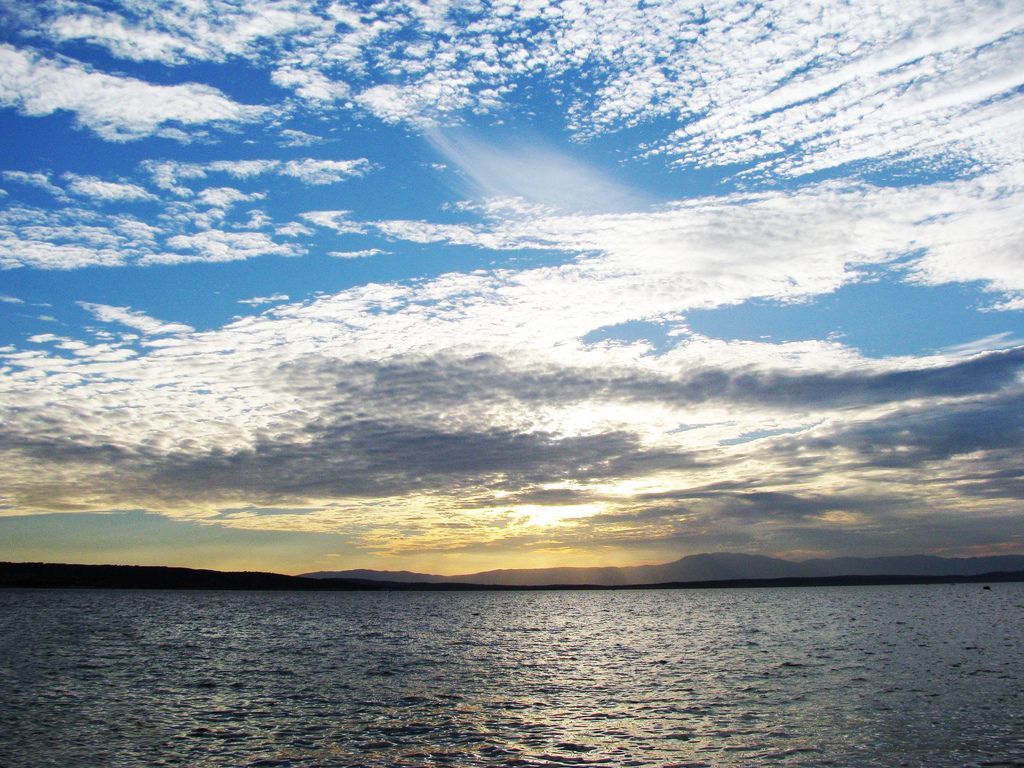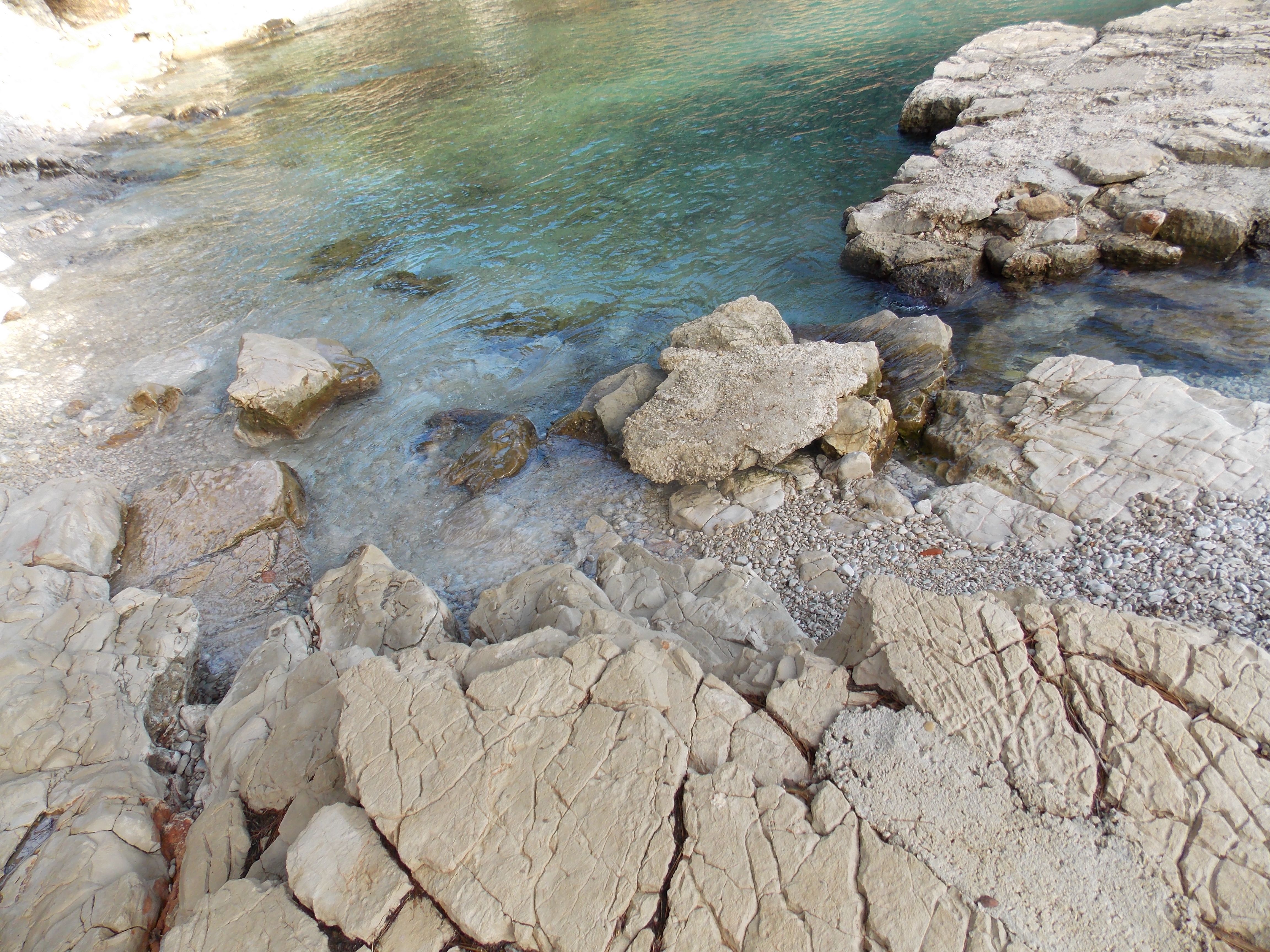Acting chair: prof. Jakov Dulčić, Ph.D.
Vice-chairman: prof. Čedomil Lucu, Ph.D.
Administrator: Gordana Poletto Ružić, 4895 144 , gpoletto@hazu.hr
General information:
The Scientific Council for Adriatic Research was founded on 2 February 1995 in Dubrovnik, within the Academy Department of Natural Sciences.
The Council had included three sections up to the year 2008. Since then, it has operated as a unique body.
The Executive Board meets as often as needed, and minimally once a year.

Scope of activities:
The Scientific Council for Adriatic Research has published the objectives and guidelines of its future work in the year 1996, in 8th issue of the Tributes to the Croatian Development Strategy of the Croatian Academy of Sciences and Arts, under the title The Strategy of the Environmental Protection and Sustainable Development in the Adriatic Area of the Republic of Croatia.
The objectives and guidelines have been drawn up in compliance with the National Programme of Scientific Research issued by the National Council within the scope of activities of the Ministry of Science of the Republic of Croatia. In its operation, the Council is dedicated to implementing the following strategy guidelines:
- The sustainable development of the state, by supporting the research that might address accordingly the strategic issues concerning the development of tourism, industry, energetics, land and water traffic, agriculture, fisheries and maritime culture. The Council will present its efforts to the Government, the Ministry of Science, Education and Sports, the Ministry of the Sea, Transport and Infrastructure, and the Ministry of Tourism of the Republic of Croatia, in order to enable the state administration to introduce a concept of economic development on the basis of scientific knowledge (the concept of sustainable economic development);
- The introduction of a post-industrial computerized society, with an emphasis on ecologically acceptable production technologies in all economic branches;
- The ecological risk evaluation, as an up-to-date approach to combating the pollution and the anthropogenic eutrophication of the sea, will serve as direction sign for the limited human and material resources to remain concentrated to areas and phenomena potentially damaging for the human health and important economic branches, in particular tourism and fisheries. The Council supports research and monitoring of certain phenomena in crisis areas (characteristic coastal areas, rivermouths, characteristic parts of the open sea), in which the biogeochemical processes and the functions of the eco-system are explained through an interdisciplinary approach;
- The research of ecological relations, biogeochemical and physical processes in the areas of the Adriatic that are – natural-science-wise – still insufficiently known (channel areas, rivermouths, the North Adriatic, the Jabuka basin, the South-Adriatic basin, sea parks). The research of biological diversity and the protection of living organisms in the Adriatic area represent an obligation of the state in compliance with the signed international Convention on Biological Diversity;
- In its operation, the Council is dedicated to protecting and preventing the pollution of the karst waters and the sea, from both the land and the atmosphere, and to the waste disposal; it further defines: the legislative basis, criteria and standards relating to the environmental protection; education as a stimulus for a better understanding of the sustainable development; and the direction of the population policy.
